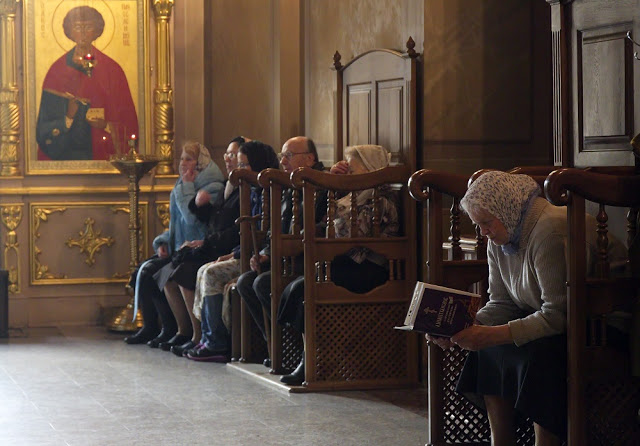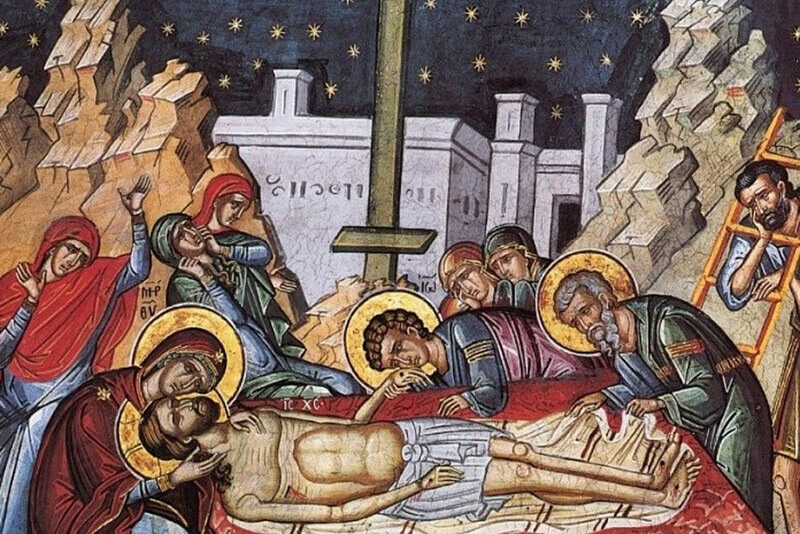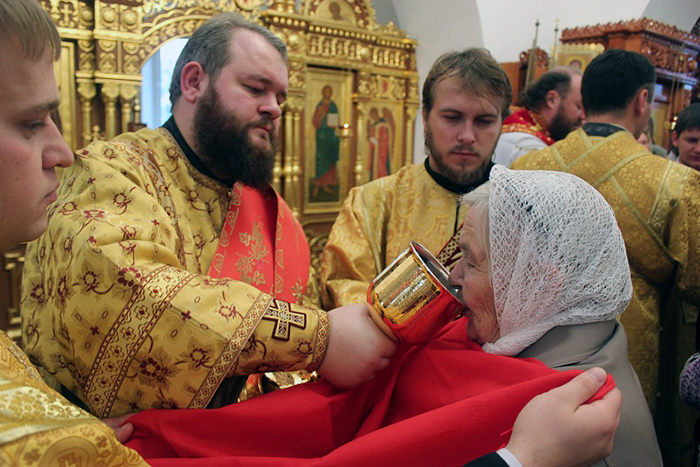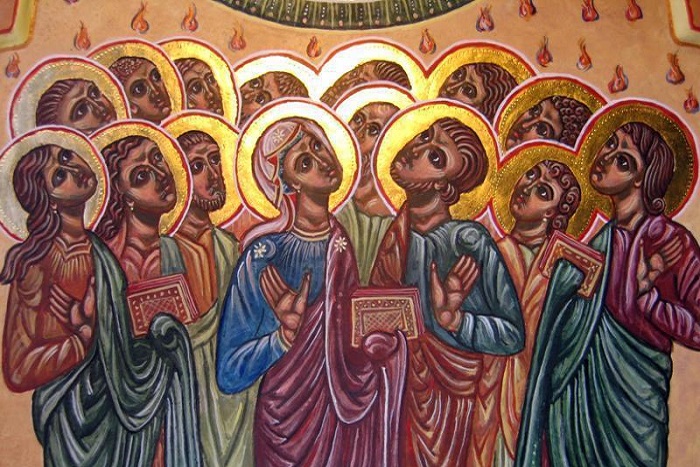
Ref. Matthew 18: 10-20
It has been a day since the Church appeared on earth. Yesterday, the Holy Spirit descended on the apostles and vested them in the full gear of divine gifts. The holidays are over. The Apostolic fast is due in a week. Everything is finished. Everything is given. Everything is revealed. Now it’s time for hard work, time for patient ripening of the seed and bringing forth spiritual fruit, which is in all goodness and righteousness and truth. Today is the special day of the Holy Spirit. The God’s Word provides us with our first instructions on how to live in the Church – that community of the faithful, the called, the redeemed, and the sanctified by God.
First, take heed that ye despise not one of these little ones. Who are those “little ones”? What does the Lord say about them? He says that in heaven their angels do always behold the face of my Father which is in heaven. He says that it was to save that which was lost that He came to the Earth. He says that if any one of his sheep gets lost, He will leave all other sheep and go looking for it; and when He finds it, he rejoiceth more of that sheep than of all the rest. It is clear that there are no people who would be too small for the Lord, and He wants us to keep that in mind.
What should we do if someone hurts us? The Lord responds, If thy brother shall trespass against thee, go and tell him his fault between thee and him alone: if he shall hear thee, thou hast gained thy brother. Thus, first of all, you should talk with your brother tête-à-tête to spare his feelings. You should assume that he didn’t hurt you because he wanted to but that he simply didn’t know. Just talk with him honestly and openly. That is how wise people recommend starting conversations like those: “Sorry, brother, I’m bothered by this and that.” If he doesn’t admit he’s wrong, then take with thee one or two more, that in the mouth of two or three witnesses every word may be established. The words that those other, disinterested, people say may sound more convincing to that person. And if he shall neglect to hear them, tell it unto the church. Tell it to the entire congregation or to the person who is authorized to speak on its behalf – the person who has the power to cast judgment based on the Word of God and the laws of the Universal Church. [B]ut if he neglect to hear the church, let him be unto thee as an heathen man and a publican. We usually do the opposite. We don’t say anything to the trespasser because we don’t want to deal with him or her directly. We find one or two more to express our outrage and resentment, and then we quietly inform the boss. The Lord teaches us not to be afraid of telling the hard truth straight to the person’s face and to have the strength to break up with the obstinate so as not to indulge his or her sins.
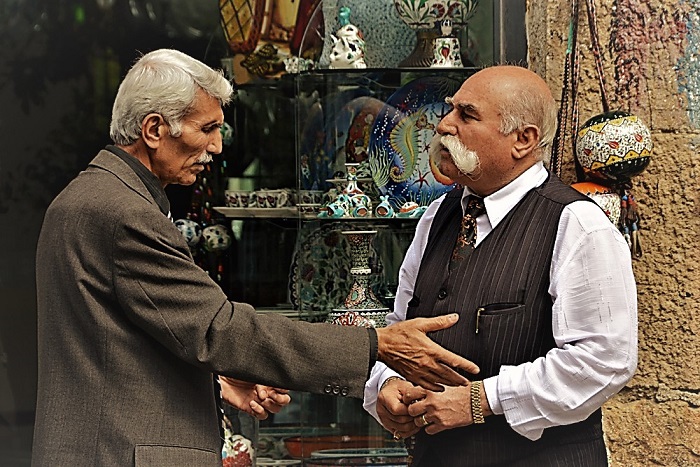
The Lord also emphasizes the fact that we are all together in one Church. He says, [I]f two of you shall agree on earth as touching any thing that they shall ask, it shall be done for them of my Father which is in heaven. For where two or three are gathered together in my name, there am I in the midst of them. Some sly or thoughtless people attempt to turn these words against the Church. What does being gathered in the name of Christ mean? It means remembering everything He taught with awe. He didn’t come to dissect the world into twos and threes: rather, He came so that there shall be one fold, and one shepherd (John 10: 16).
He also promises that whatever we shall ask, it shall be done. It is written elsewhere that before we ask for anything, we have to prove what is acceptable unto the Lord.
See then that ye walk circumspectly, not as fools, but as wise, redeeming the time, because the days are evil. Wherefore be ye not unwise, but understanding what the will of the Lord is. And be not drunk with wine, wherein is excess; but be filled with the Spirit;speaking to yourselves in psalms and hymns and spiritual songs, singing and making melody in your heart to the Lord.
Translated by The Catalog of Good Deeds

